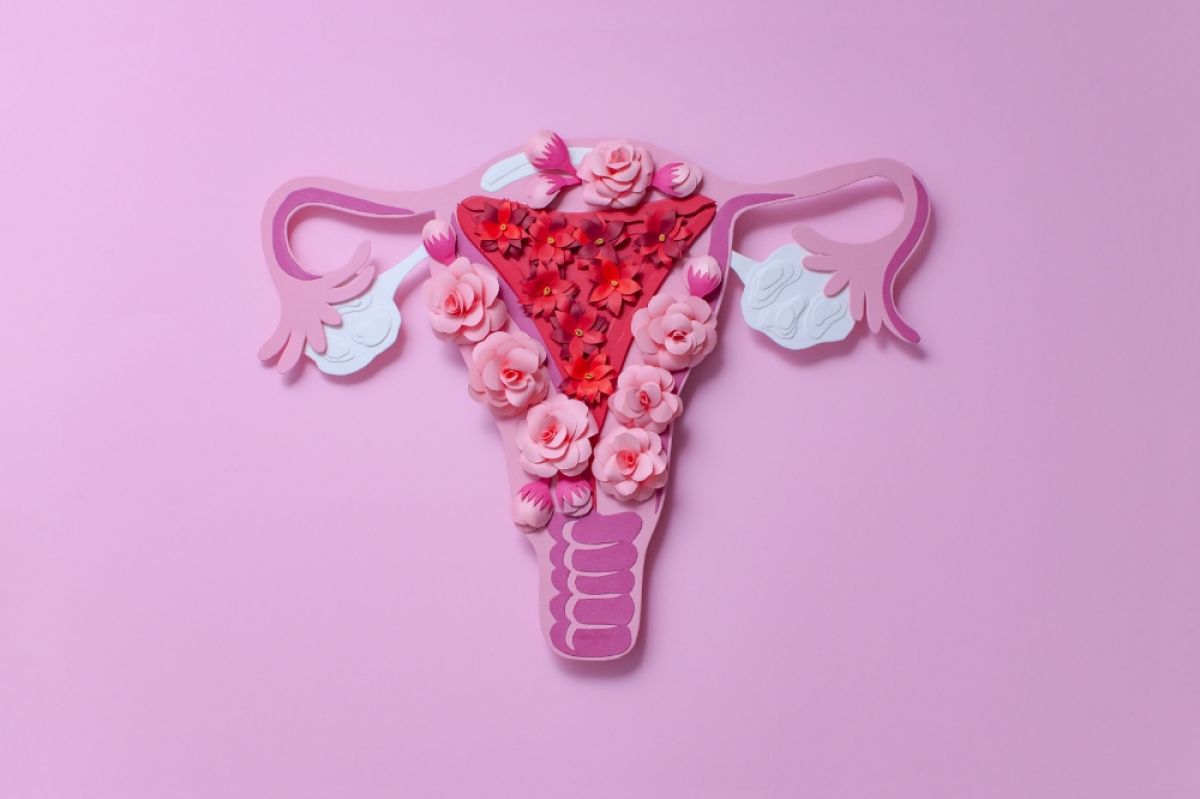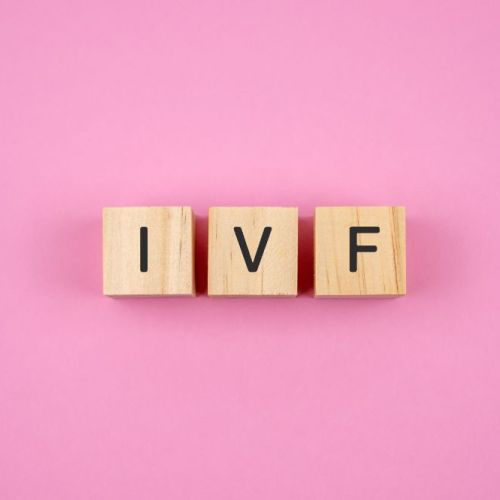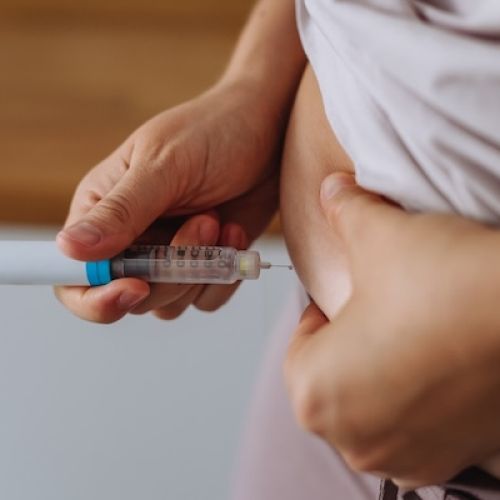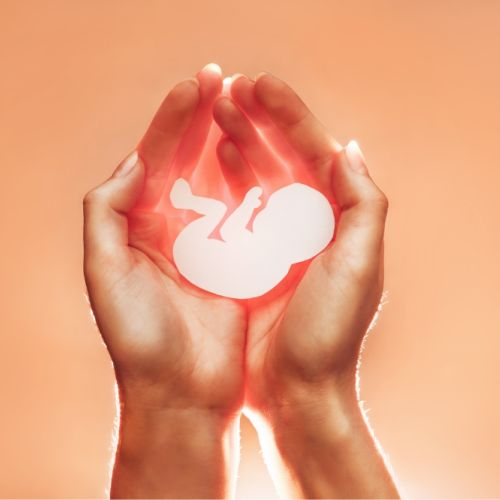Chances of Natural Pregnancy After Failed IUI: A Guide to Moving Forward with Hope

A failed intrauterine insemination (IUI) cycle can be a devastating experience, especially after investing so much of yourself, your time, and your money into the process. But the good news is that many couples are able to conceive naturally after a failed IUI. It’s not the end of the road for you. In this article, we’ll discuss what affects natural conception after IUI, how to improve your fertility, and other options to consider as you navigate this journey.
Understanding Intrauterine Insemination (IUI)
IUI treatment is one of the most commonly recommended fertility treatments. During the procedure, washed and concentrated sperm is introduced directly into the uterus during ovulation to improve the chances of fertilization. This method bypasses potential obstacles such as cervical mucus or mild sperm motility issues.
When Is IUI Recommended?
Fertility treatment options like IUI are often suggested for couples experiencing:
- Unexplained infertility.
- Mild male factor infertility, such as low sperm motility or count.
- Issues like irregular ovulation or mild endometriosis.
- Cervical mucus problems that prevent sperm from reaching the egg.
IUI Success Rates
IUI success rates can vary greatly, with average per-cycle success rates ranging from 10-20%. These rates can depend on a number of factors, including age, health, and specific fertility challenges. Some couples may need to try multiple times before getting pregnant, while others may experience not get pregnant at all using IUI.
Common Reasons for IUI Failure
A failed IUI can happen for a variety of reasons, many of which are outside of your control. Here’s a closer look at common factors:
Timing Issues
Fertilization requires precise timing. If insemination does not occur at the exact moment of ovulation, sperm and egg may not meet.
Sperm Quality Concerns
Even with washed sperm used in IUI, factors like low sperm motility, poor morphology, or insufficient count can impact the success of the procedure.
Egg Quality
Poor egg quality, often associated with age or hormonal imbalances, can make fertilization and implantation less likely.
Female Reproductive Structural Issues
Conditions such as blocked fallopian tubes, uterine abnormalities or scar tissue from previous surgeries can hinder the success of IUI. Blocked fallopian tubes are caused by conditions like endometriosis or pelvic inflammatory disease and can prevent sperm from meeting the egg. Issues such as fibroids, scar tissue, or abnormalities in the uterine lining can prevent a fertilized egg from implanting.
Ovulation Disorders
Women with polycystic ovary syndrome (PCOS), hormonal imbalances, or irregular ovulation may also experience lower success rates with IUI.
Lifestyle and Environmental Factors
Excessive alcohol consumption, smoking, and unmanaged stress negatively affect fertility in both men and women. These factors can reduce the chances of IUI success and impact overall reproductive health.
Chances of Natural Pregnancy After Failed IUI
After a failed IUI, it’s natural to question whether conceiving naturally is still possible. The answer depends on several key factors:
Age and Ovarian Reserve
Age is one of the most significant factors in fertility. Women under 35 typically have a higher likelihood of natural pregnancy after failed IUI compared to women over 35. Ovarian reserve, or the quantity and quality of eggs, also plays a role.
Underlying Fertility Issues
Conditions such as polycystic ovary syndrome (PCOS), endometriosis, or irregular ovulation may make it harder to conceive naturally, especially if they weren’t addressed during IUI.
Sperm Quality
Sperm health is just as important as egg quality. Issues like low motility or abnormal morphology can reduce the chances of natural pregnancy, even after IUI.
Lifestyle and Health Factors
Maintaining a healthy lifestyle, including a balanced diet, regular exercise, and stress management, can significantly improve your chances of achieving a normal pregnancy.
Steps to Enhance Natural Fertility After Failed IUI
A failed IUI doesn’t mean you’re out of options. In fact, it can be an opportunity to focus on improving overall reproductive health and trying again with a renewed approach.
Seek a Comprehensive Fertility Assessment
If you haven’t already, consult a fertility specialist to assess underlying issues that may have contributed to the failed IUI. Your fertility specialist may recommend further tests to identify potential causes of IUI failure. These may include:
- Hormonal tests to evaluate ovulation and ovarian reserve.
- Hysterosalpingography (HSG) to check for blocked fallopian tubes.
- Semen analysis to assess sperm quality and quantity.
Optimize Your Lifestyle
A healthy lifestyle can make a significant difference in your fertility journey:
- Diet: Eating a nutrient-rich diet is essential for fertility health. Focus on whole foods such as fruits, vegetables, lean proteins, and healthy fats like omega-3s. Avoid processed foods, excessive sugar, and trans fats, as these can negatively impact fertility.
- Supplements: Some women may benefit from fertility supplements like CoQ10, folic acid, and vitamin D. Consult with your doctor before starting any new supplements.
- Exercise: Engage in moderate exercise to maintain a healthy weight, which can improve hormonal balance. Avoid overexercising, as it may negatively impact ovulation.
- Weight Control: Maintaining a healthy weight can improve fertility. Overweight or underweight women may experience hormonal imbalances that affect ovulation.
- Stress Management: Chronic stress can disrupt hormonal balance and ovulation. Incorporate stress-reducing practices like yoga, meditation, or therapy into your routine.
Track Your Ovulation
Tracking your ovulation using methods like temperature charting, ovulation predictor kits, or fertility apps can help you identify your most fertile days. Timing intercourse around ovulation increases your chances of natural pregnancy.
Support Sperm Health
Male fertility plays an equally important role in conception. Men should avoid excessive alcohol consumption, smoking, and stress. A healthy diet rich in antioxidants and zinc can improve sperm health, while supplements like CoQ10 may help improve sperm motility and quality.
Consider Alternative Fertility Treatments
If natural conception doesn’t occur after a few cycles, advanced fertility treatment options like in vitro fertilization (IVF) may be an option. IVF offers higher success rates and is often recommended for couples with unexplained infertility or severe reproductive challenges.
Failed IUI – What’s Next?
If you’ve been trying to conceive naturally for six months to a year after IUI fails without success, it may be time to revisit your fertility specialist. Early intervention can help identify and address issues, improving your chances of achieving pregnancy.
Coping with a Failed IUI Cycle
Coping with a failed IUI cycle can be emotionally challenging for couples struggling with infertility. It’s essential to acknowledge the feelings of disappointment, frustration, and sadness that may arise after a failed IUI attempt. Here are some tips to help you cope with it:
- Allow Yourself to Grieve: It’s normal to feel a sense of loss. Give yourself permission to grieve and process your emotions. Recognizing and accepting your feelings is the first step toward healing.
- Seek Support: Reach out to your partner, family, and friends for emotional support. Sharing your feelings with loved ones can help you feel less isolated and more supported. Sometimes, just talking about your experience can provide immense relief.
- Consult with a Fertility Specialist: Discuss the results of your IUI cycle with your fertility specialist to understand the reasons behind the failure. They can help you identify potential underlying fertility issues and recommend the next course of action. This can provide clarity and a sense of direction moving forward.
- Take Care of Your Physical Health: Engage in regular exercise, eat a balanced diet, and get enough sleep to help manage stress and promote overall reproductive health. Physical well-being is closely linked to emotional health, and taking care of your body can help you feel more resilient.
- Consider Counseling: If you’re struggling to cope with the emotional impact, consider seeking professional counseling. A therapist can help you develop coping strategies and provide emotional support. Therapy can offer a safe space to explore your feelings and find ways to move forward.
- Take a Break if Needed: If you’re feeling overwhelmed or emotionally drained, consider taking a break from fertility treatments. This can help you recharge and come back to your fertility journey with a fresh perspective. Sometimes, a pause can provide the mental and emotional space needed to regain strength.
- Focus on Self-Care: Engage in activities that bring you joy and help you relax, such as yoga, meditation, or hobbies. Self-care is crucial during this time, as it helps you maintain a positive outlook and reduces stress.
- Connect with Others: Join a support group or online community to connect with others who are going through similar experiences. Sharing your story and hearing the stories of others can be incredibly helpful. Knowing you’re not alone can provide comfort and encouragement.
Remember, a failed IUI cycle is not a reflection of your worth or ability to conceive. It’s a common experience for many couples, and there are often many factors at play. By seeking support, taking care of your physical and emotional health, and focusing on self-care, you can navigate this challenging time and move forward with hope and resilience.
Exploring Other Fertility Options
If natural pregnancy doesn’t occur after a few cycles, or if further medical evaluations uncover significant issues, you may consider advanced fertility treatments:
- In Vitro Fertilization (IVF): This procedure offers higher success rates by fertilizing eggs outside the body and transferring the embryo directly into the uterus.
- Ovulation Induction Medications: Drugs like Clomid or Letrozole can help stimulate ovulation in women with irregular cycles.
- Donor Eggs or Sperm: For couples with severe egg or sperm quality issues, donor options can increase the chances of pregnancy.
- Surgery: Procedures to correct structural issues like fibroids, adhesions, or blocked tubes may improve fertility outcomes.
While a failed IUI can feel disheartening, it’s not the end of your fertility journey. Natural conception is possible, especially with proactive steps to improve reproductive health and address any underlying issues. Many couples go on to conceive naturally or with additional treatments after a failed IUI, proving that there is always hope.
If you’re feeling unsure about your next steps, don’t navigate this journey alone. Schedule a consultation with our experienced fertility specialists, who are here to provide personalized guidance and support.
Book your appointment today and take the first step toward your dream of parenthood!
Chances Of Natural Pregnancy After Failed IUI – FAQs
Is it possible to get pregnant naturally after IUI?
Yes, natural pregnancy is possible after a failed IUI. Factors like age, overall reproductive health, and lifestyle choices play a significant role in determining your chances.
What are the odds of IUI being successful the second time?
Success rates for IUI typically increase with subsequent attempts, with many couples achieving pregnancy after 2-3 cycles.
What is the average number of IUI attempts?
Most fertility doctors advise completing 3-6 IUI cycles before considering options like IVF.
What round of IUI is most successful?
Success rates tend to peak around the third or fourth cycle, depending on individual circumstances.
How long after a failed IUI should I get my period?
You should expect your period within 14 days of the IUI procedure if conception didn’t occur.
How soon after a failed IUI can I try again?
You can usually attempt another IUI in your next menstrual cycle unless advised otherwise by your fertility specialist.
How can I increase my chances of implantation after IUI?
Focus on a healthy lifestyle, manage stress, and follow your specialist’s advice on timing and medications to support implantation.
What are the other options after failed IUI?
If IUI is unsuccessful, treatments like IVF, fertility medications, or donor eggs/sperm may be considered, depending on your specific circumstances.






